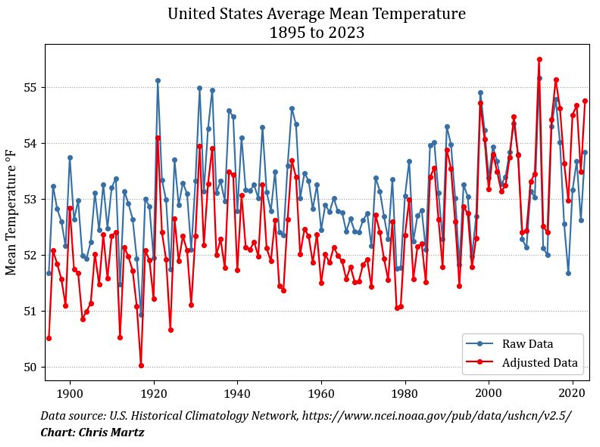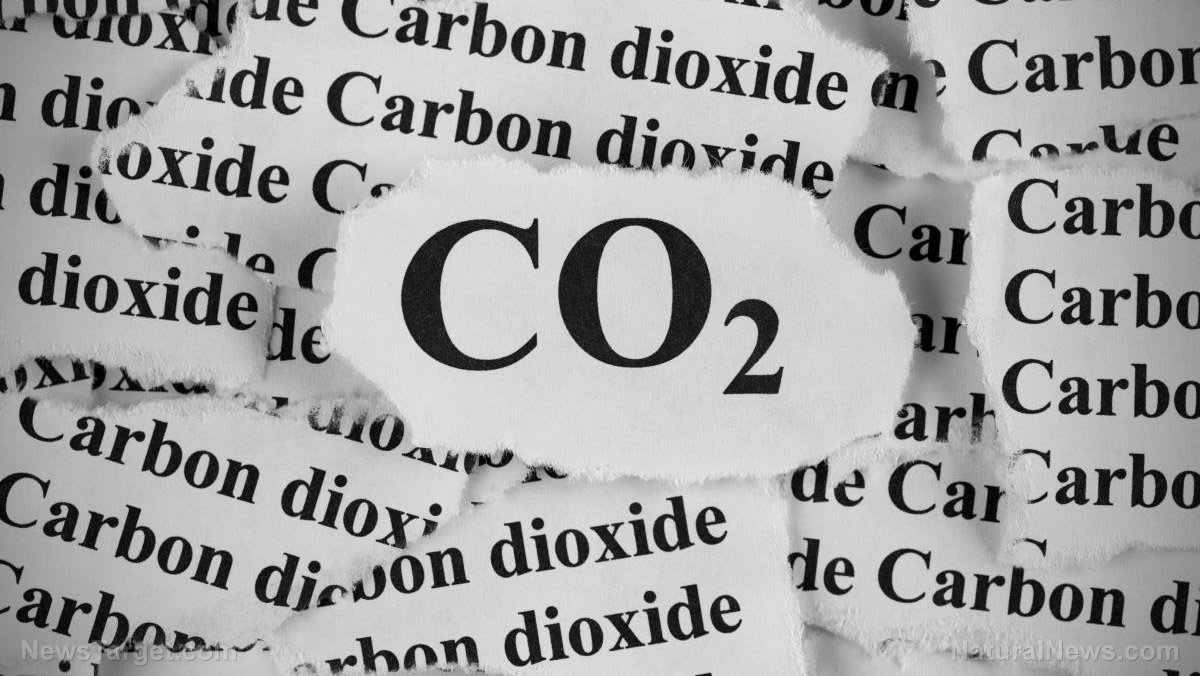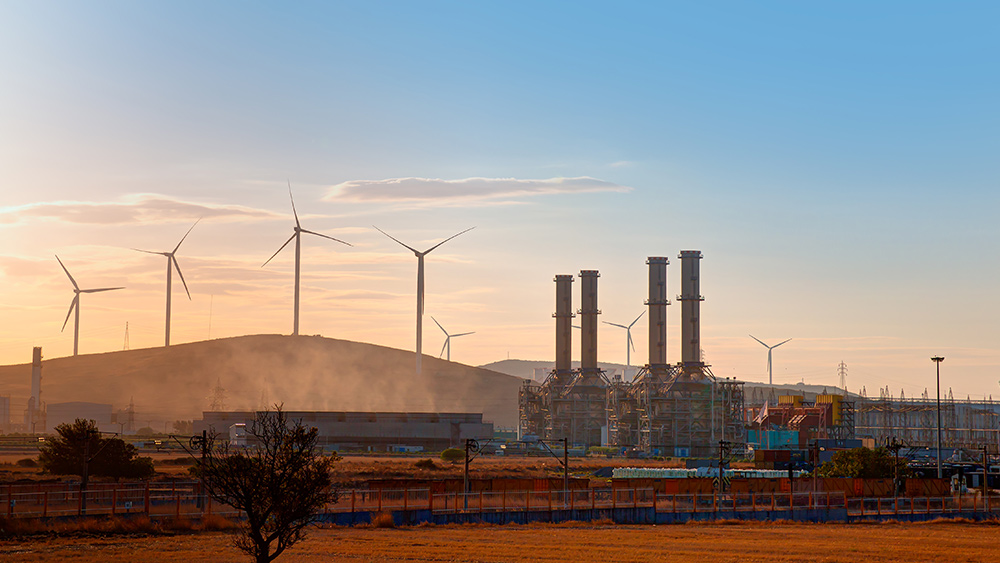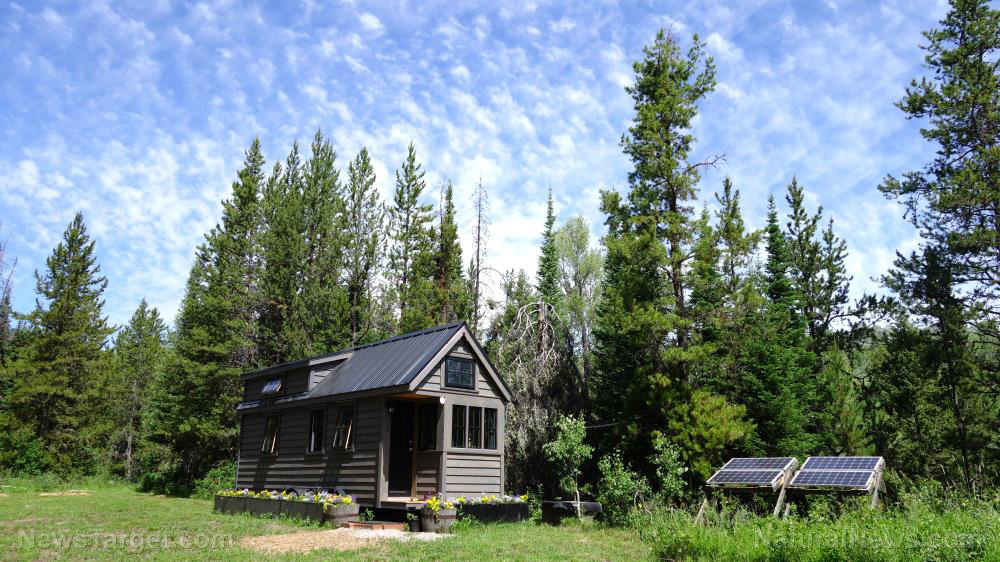Over 300 suspected heat-related deaths under investigation in Maricopa County
07/25/2024 / By Ava Grace

More than 300 deaths suspected to be linked to this summer’s record-breaking heat wave are being investigated in Maricopa County, Arizona.
The county’s heat report dashboard this year indicates that 322 deaths are suspected to have been due to heat-related illnesses as of July 13. Almost 100 of those suspected heat deaths happened from July 7 to 13, when temperatures reached 118 degrees. (Related: Must-have items for your heatwave emergency kit.)
There have been 23 confirmed deaths in Maricopa related to heat so far this year, 17 of which were directly caused by heat and the six others of which were “heat-contributed.”
“We know that June was hotter than June last year,” said Dr. Nick Staab, assistant medical director of Maricopa County Department of Public Health. “We know that the risk for heat-related death increases with those higher temperatures.”
There were 579 confirmed deaths related to heat in Maricopa last year, and 386 in 2022, according to data from the Department of Health and Human Services. The health department said a quarter of last year’s deaths happened indoors, with air conditioning units not working properly for two-thirds of those victims.
Heat is the top cause of weather-related fatalities nationwide. But because investigations of suspected heat deaths can take months, and counties use a mishmash of methods to count them, it is difficult to know exactly how many people died in the recent heat waves. There have been at least 73 confirmed heat-related deaths across the U.S. this year, according to an ongoing count by NBC News.
In Phoenix, an average temperature of 97 degrees Fahrenheit made it the hottest June in the city’s more than 100 years of temperature records, according to the National Weather Service (NWS).
Parts of Nevada and Texas also endured their hottest June on record
In neighboring Nevada, Las Vegas sizzled to its temperature record in June. “Almost any way you slice it, June 2024 was the hottest ever in Las Vegas,” the local office of the NWS wrote on X. The previous record was set eight years ago, in 2016.
Triple-digit temperatures were recorded nearly every day last month, the weather service said. The average temperature in June was 94.6 degrees, which was seven degrees above normal and 1.8 degrees hotter than the previous record.
The heat was also persistent. The average high temperature hit 106.2 degrees, and the average low temperature touched 83 degrees, meaning the city had little relief from the heat even overnight.
But it wasn’t just the milestones that were notable, the National Weather Service said.
“What’s more impressive is how much we beat the old records by,” the National Weather Service wrote on X, adding that June’s average high temperature beat the previous record by 1.2 degrees, a bigger margin than what separates second and eighth place.
It was a scorching June in West Texas, as well. El Paso had its hottest June on record, breaking a record that had stood for 30 years. The average temperature in the border city hit 89.4 degrees, which was 0.4 degrees warmer than the previous record set in 1994.
Extreme heat is expected to persist across the West Coast and parts of the South. Heat advisories and excessive heat warnings are in effect in Washington State, Oregon, California, Arizona, Nevada, Texas, Oklahoma, Missouri, Arkansas, Louisiana, Mississippi, Alabama, Tennessee, Kentucky, Georgia and Florida.
Visit Climate.news for more stories about heat waves during summer.
Watch this video to learn some tips for keeping cool during summer heat waves.
This video is from the Daily Videos channel on Brighteon.com.
More related stories:
Heat advisories issued in Southern Florida amid record-breaking heat wave.
Climate change is a $100 trillion wealth transfer from the poor to the rich.
Heat-related deaths are mounting each summer in Europe.
Heat waves, drought strain electrical grids and fuel wildfires in US West.
Sources include:
Submit a correction >>
Tagged Under:
Arizona, big government, Climate, Dangerous, Ecology, El Paso, environment, heat wave, heat-related deaths, heatwave, Maricopa County, national security, National Weather Service, Nevada, phoenix, real investigations, summer, Texas, weather terrorism
This article may contain statements that reflect the opinion of the author


















